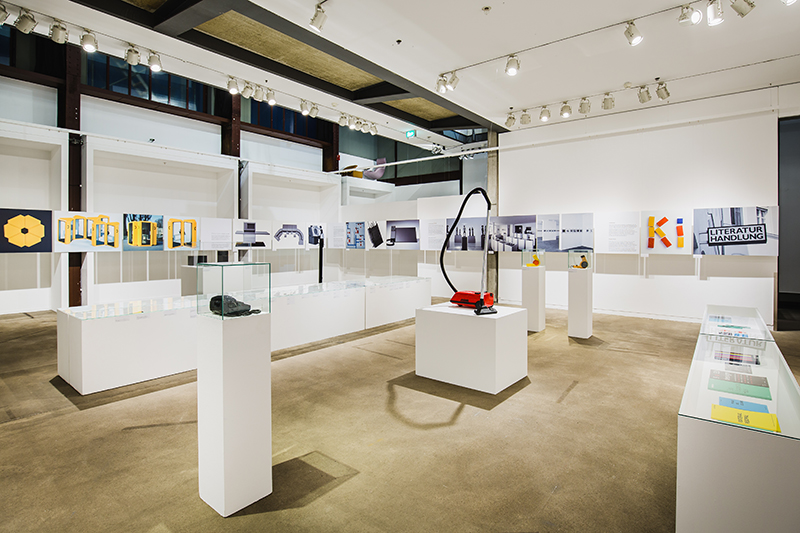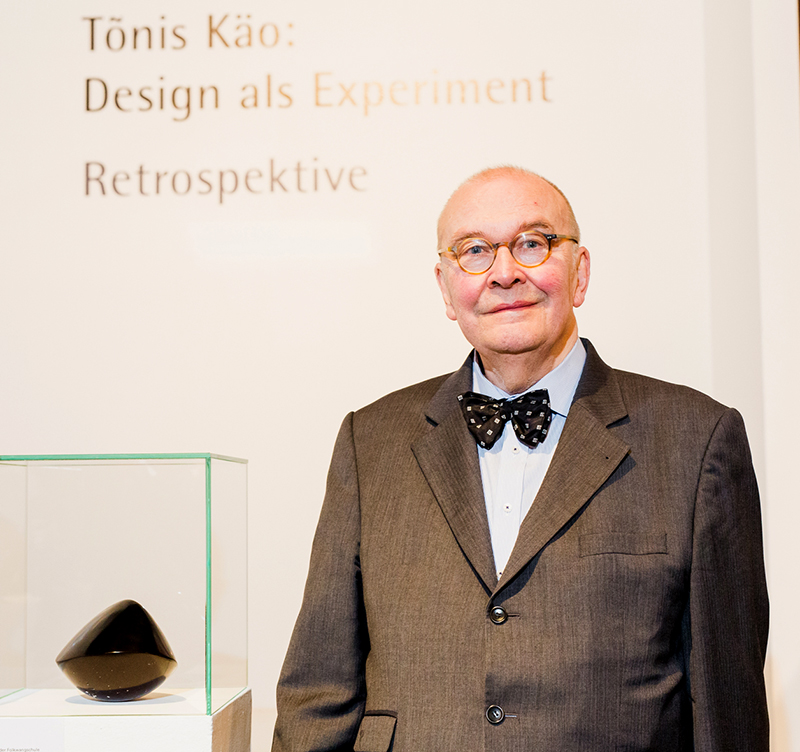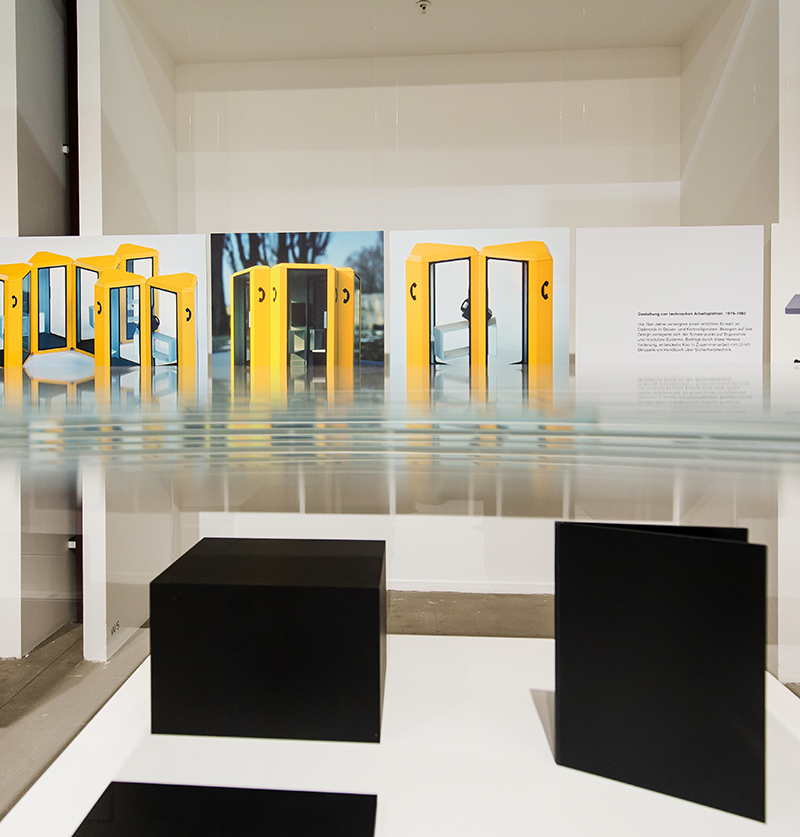“The culture of the technological civilisation” – interview with designer Tõnis Käo
Ultra-flat notebooks and mobile phone icons? Tõnis Käo has forseen them – and also designed the first German push-button telephone. Only until 3 April 2016, the exhibition “Tõnis Käo: ‘Design as Experiment’, Retrospective” shows an overview of the life’s work of the system design pioneer.
The native Estonian celebrated great successes as an industrial designer. With his work, he has deeply changed our lives and had a formative influence on our modern lifestyle. Tõnis Käo’s work always focused on designing the future. Numerous innovative designs that have written design history and are on show in the special exhibition in the Red Dot Design Museum Essen, Germany, are testament to this focus. Tõnis Käo grants further insights in an interview with Red Dot.
Red Dot: The exhibition “Tõnis Käo: ‘Design as Experiment’, Retrospective” shows an overview of your life’s work. Which of your works is your favourite and why?
Tõnis Käo: I believe that the container is the most important design object and the good form of the 21st century. Containers have a meaningful and aesthetic structure. They combine form and function perfectly. Moreover, they allow for modular structures. Therefore, they enable combining technological units, which are constantly decreasing in size, to an overall picture without further adjustments. This is why the black box is my favourite object in the exhibition. It is close to the container and symbolises perfectly the abstraction of electronic design.
You also worked as a professor. Which advice do you give young designers regarding their career?
I advise students and young designers: Have the courage for crazy ideas! Don’t let market researchers and professors knock you off your course. Stick to your visions and try to find spirited entrepreneurs who support you in realising them.
With their work, designers have a formative influence on the people’s everyday life, especially regarding innovations. Where do you locate the work of designers in societal terms?
When I was a student, we considered ourselves to be culture revolutionaries. In their work, designers were strongly oriented towards economic aspects and marketing in recent years. I think this approach is wrong. We should return to understanding designers as creative artists. For me, design is the culture of the technological civilisation.


